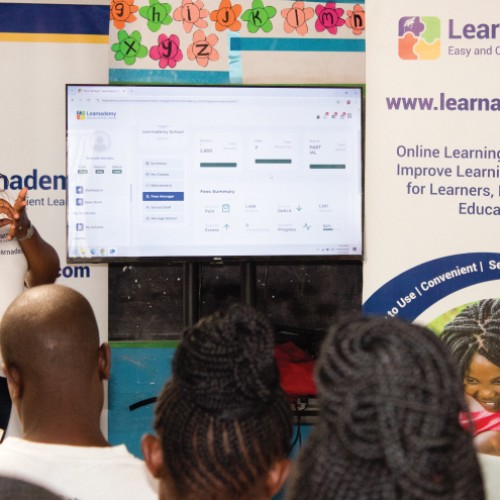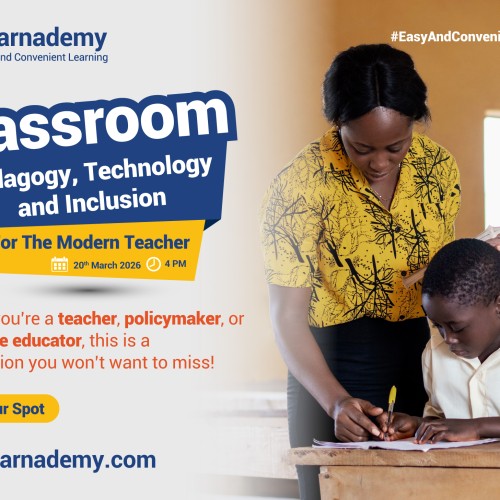-
Back
- Blog
- Browse Blogs
- Blog Post
- Get In Touch
-
Explore
- Sign up
- Login
Blog Inquiry

Ways to help your child study effectively
15 Feb 2021Studying can be challenging for learners if not done correctly. While effective studying can be attributed to personal discipline, children require a little help from parents and guardians to get the most out of it. While teachers endeavor to enhance the child’s learning, parents play a critical role in effective study.
Benefits of effective studying
There are numerous benefits resulting from effective studying in children, including: better information retention, improved understanding, improved confidence in your child, and better grades and performance at school.
Therefore, it is important always to ensure that your child adopts a proper approach during their study sessions. Below is a breakdown of 6 quick steps parents and guardians can use to help children study effectively.
1. Ensure your child gets enough rest
Before any study session, your child needs to have enough rest. Rest helps children relax their bodies and be in the right physiological state to take on new challenges. Furthermore, research has established that when well rested, brain cells can form better connections, thus improving brain performance.
2. Ensure your child gets proper meals
The brain requires a constant supply of energy and other components to function well. Food ensures that the brain is well nourished and ready to endure the study session. Thus, from breakfast, to lunch to dinner, parents need to ensure their children get quality diets in the right quantities. When it comes to food, avoid food types that may cause stomach discomfort or may react negatively with your child.
3. Create a good study environment for them
Ensure that your child has peace of mind by providing ample and conducive study environments. This ranges from quiet study spaces in the house, a proper study table, and minimal disturbances during active sessions.
4. Provide proper study material
Study material ranging from books, textbooks, writing papers or notebooks, pens, and online revision material should be sufficiently available for your child. This helps minimize distractions and boosts productivity. Online revision platforms, such as Learnademy, provide learners with ample learning and revision materials. These may include past papers and quizzes with answers, shorthand notes, and discussion boards where learners can interact.
5. Do not micromanage your child
Parents should strive to find a good balance in the extent of their involvement while their children study. While a parent’s input in the planning of the study session is vital, not knowing when and where to draw the boundary may lead the child to feelings of extra stress.
6. Give your child periodic breaks and rest times
Allow your child to have rests between study sessions. During these breaks, children can be allowed to go outdoors or get a snack. Breaks, rest, and a change of environment help reduce stress levels and anxiety in children.








